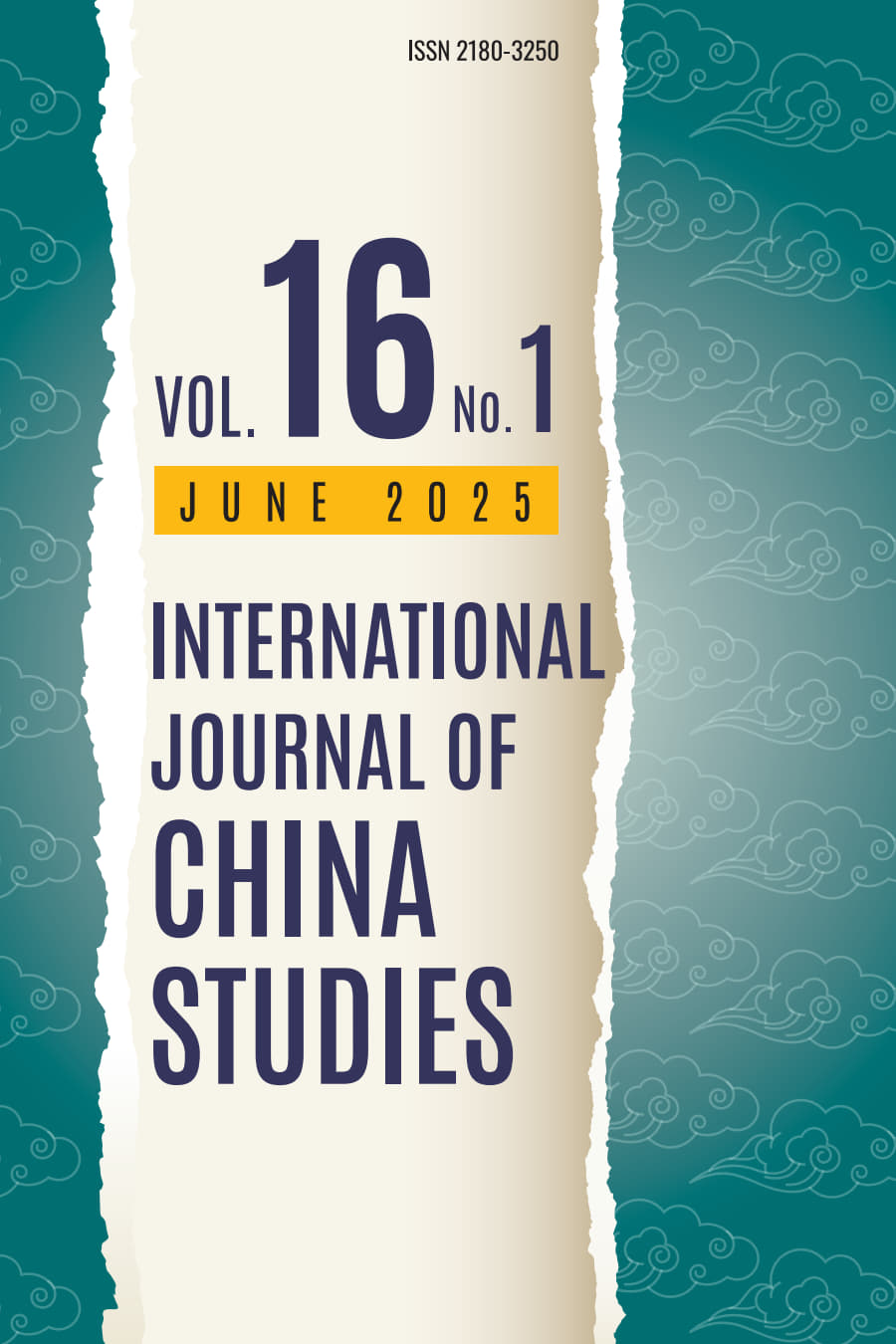A Legal Critique of the Philippines’ Actions in the South China Sea in 2024
Keywords:
South China Sea, China-Philippines dispute, international law, Territorial sovereignty, Maritime rights and interests.Abstract
In 2024, the South China Sea’s geopolitical complexity has surged, with the China-Philippines maritime rights rivalry drawing intense global attention. This paper examines Philippine actions at Xianbin Jiao (Sabina Shoal) and Huangyan Dao (Scarborough Shoal). From China’s perspective, the Philippines has engaged in illegal beaching activities and territorial water intrusions, seriously violating China’s sovereignty and maritime rights, contrary to the United Nations Convention on the Law of the Sea (UNCLOS), the South China Sea Declaration, and other international laws. Regarding Xianbin Jiao, China’s scientific endeavors on the reef constitute lawful exercises of sovereignty, adhering to the principle of peaceful ocean use and fulfilling obligations for environmental cooperation. Conversely, the Philippines’ conduct contravenes the Declaration and jeopardizes regional stability. As for Huangyan Dao, China’s declaration of territorial sea baselines and subsequent law enforcement actions are aligned with both international and domestic law, whereas the Philippines’ Maritime Zones Act and Archipelagic Sea Lanes Act flout international law, seeking to entrench illegitimate territorial claims through domestic legislation.
China firmly upholds its territorial sovereignty and maritime rights, responding lawfully to Philippine provocations. Both nations should adhere to international law, resolving disputes through dialogue to maintain peace in the South China Sea. From an international law standpoint, this article offers in-depth analyses to enhance understanding of the China-Philippines South China Sea dispute and provides jurisprudential underpinnings for its peaceful resolution.

